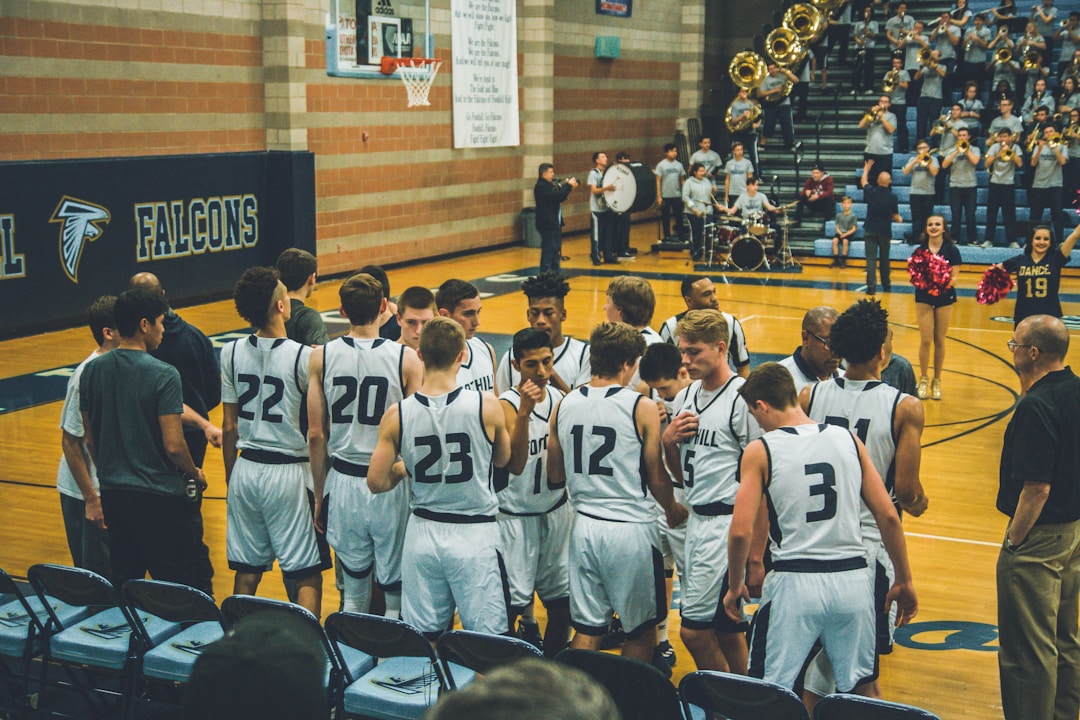When planning for the Perfect Workshop, we sometimes face the need to get a much wider psychological contract in place for the entire participating team. Particularly when we face a big Change Process, or we need to integrate teams coming from different backgrounds, we need to plan some quality time to get the team up and running. In this case, just asking and Icebreaker Questions might not be enough, and we need to plan dedicated activities.
Definition
Like for questions, Icebreaker Activities are meant to help establish the Psychological Safety Contract needed to achieve the goal of the Workshop.
Usage
A well-done icebreaker will accomplish three things, according to psychologist Anton Villado.
- The first is calming any nerves people may have about being in a new situation.
- The second is modelling behaviour: The icebreaker sets the tone for how the rest of the session is going to go.
- The third and most important purpose is encouraging people to talk about themselves. “That’s the foundation of relationships: self-disclosure”
This last point also explains when Icebreaker Activities are required. We need them whenever we need to establish a new team through collaboration, thus we require to establish new relations between the participants in the Workshop.
Essentially we are using this activity to establish the first step of the Tuckman’s Model theory: Forming, where the group meets, share interests and starts identifying common goals.
Resources
Here below some resources which include suggestions for great Icebreaker Activities. But before sharing the external ones, I want to describe the one activity that I personally find more effective.
Activity Suggestion: Personal Coaching
This activity allows creating relationship between individuals in the team. Is best done in a large setting (where people can talk to each other), and can tackle different topics.
- Ask participants to stand up and select another participant in the room to whom to talk. Possibly they should select somebody they don’t know.
- Ask them to explain in a few minutes their expectations on the Workshop, and discuss with their partner.
- The activity works best if people can walk in pairs in the room. This ensures the activity can play well also for large teams.
- After 5/6 minutes, use an agreed signal (a sound for example) to ask all participants to look for another peer, and start again.
- You can adapt the entire duration of the activity to your need. Ideally, each participant should be able to talk to at least 3 other people.
What I like about this activity is that it creates individual relationships, which are great to establish the continuation of the Workshop.
Office Icebreakers to build team connectivity
Did you spend first-days-of-school frantically coming up with the most perfectly cool way to describe yourself as an animal? Welcome to the club. However, I’d encourage you to reframe how you think about these exercises―after all, this information isn’t useless!
Here’s a lit of 10 common icebreaker activities, all of them with good guidelines on how to implement.
45 Icebreaker Activities from SessionLab
We all know how important personal interaction and tight bonds are in our lives. As much as this is true in family and friends circles, it is also crucial in work teams. Personal interaction is the foundation on which happiness and successful results are built.
A list of many Icebreaker Activities from SessionLab (one of the best resources on the web for facilitation content).
Top 10 Icebreaker Activities
Are you interested in trying out some of the top icebreaker activities? These top-10 activities have proven popular in meetings, training classes, and team-building events. Get your participants off to a good start by using these icebreaker activities in your own workplace. What do these icebreaker activities have in common?
Here another list of Icebreakers.
Conclusion
Personally I’m always very cautious in creating Icebreaker Activities only when it is really required. I often challenge external providers on this, because sometimes some of these activities can have the contrary effect: instead of setting for a positive tone of the workshop, they create a negative perception.
On the other side, planned and done well, in the proper setting, these can be the best tools to establish the quality of the workshop.
And you? Which Icebreakers Activity did you experiment with success?

Comments and Feedbacks
More posts like this



![61 Ice Breaker Games [That Your Team Won’t Find Cheesy] | SessionLab](https://images.spr.so/cdn-cgi/imagedelivery/j42No7y-dcokJuNgXeA0ig/247ca4ce-9f33-400f-b99b-9b7ae40ee028/Icebreaker-activities-cover-image/w=1920,quality=90,fit=scale-down)









